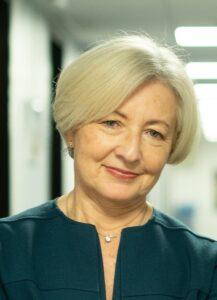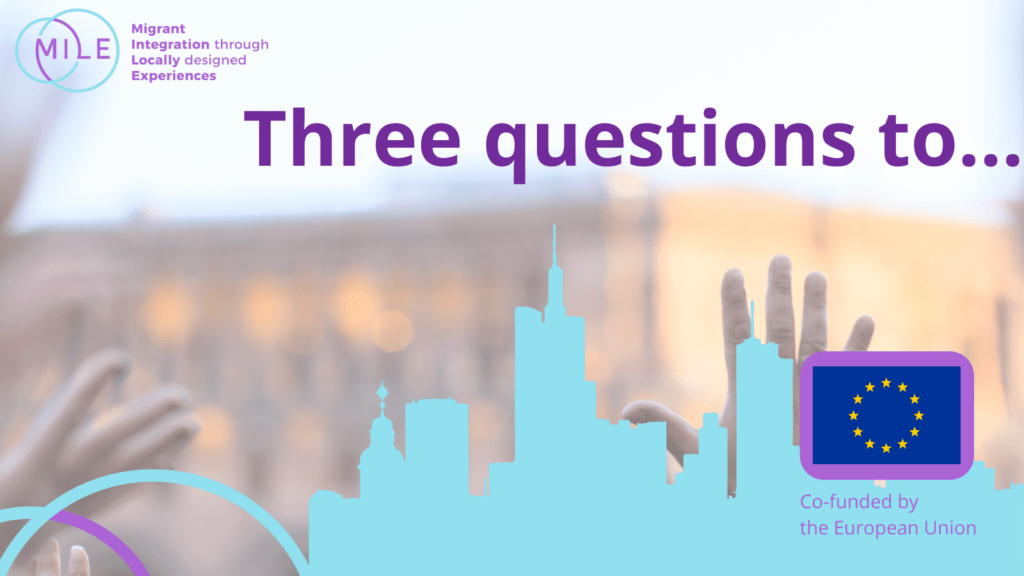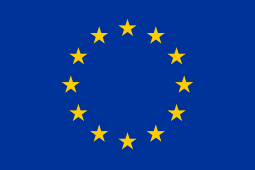Why is it so important for Europe today that we empower migrants and refugees by letting them contribute to their new local communities?
Monique Pariat: Integration is a two-way process – local communities also have a key role to play. We need to support migrants first and foremost to help them become independent, find work, and be part of their local community.
At the same time, migrants already play a crucial role in Europe’s economy and society. In the last decade, migrant workers filled a significant part of new jobs in the EU, helping to address labour market needs. The COVID-19 pandemic showed that as many as 13% of workers performing essential functions – from doctors to nurses and drivers – are migrants.
What are the key ingredients for the successful and long-term inclusion of newcomers?
Monique Pariat: Though situations are different, one thing is sure: we need to look at all the key aspects of inclusion, and make sure that newcomers are properly integrated in four different areas: education, employment, housing and health.
For example, it is not possible to fully integrate into the labour market if one does not have proper access to health care or suitable housing.
Member States need to pay attention to the gender dimension of integration policies: for example, many migrant women may face additional obstacles, e.g. they are carers on top of wishing to access the labour market. Integration policies should be developed in a true partnership spirit, involving all relevant actors, especially at local level and from civil society.
How can we make decision-making more inclusive and accessible for newcomers and citizens with migrant backgrounds?
Monique Pariat: Migrants should be involved from the outset in the decision making and the level close to them – whenever possible by local governments. For example, many local and regional authorities have migrant councils. This is one of the tools to organise the cooperation and ensure that migrants are properly represented.

and Home Affairs (HOME) at the European Commission since January 2020. Before that, she held the position of Director-General of the Directorate-General Humanitarian Aid and Civil Protection (ECHO).


